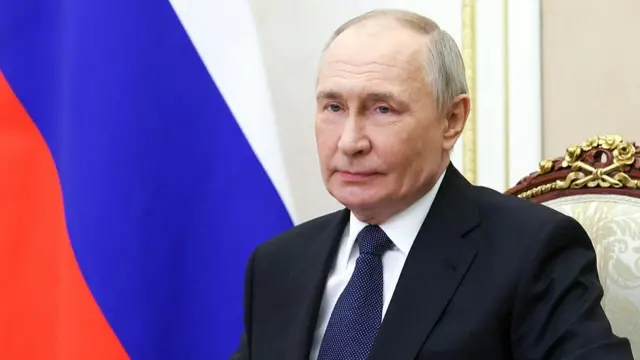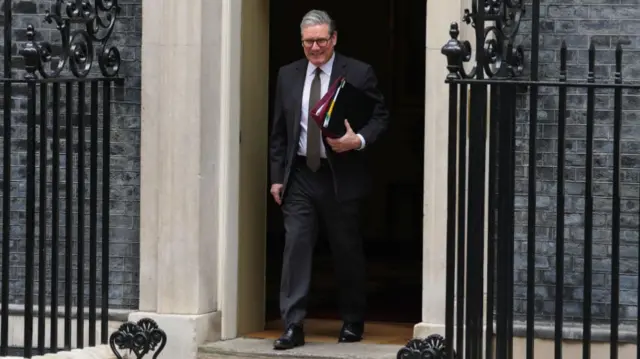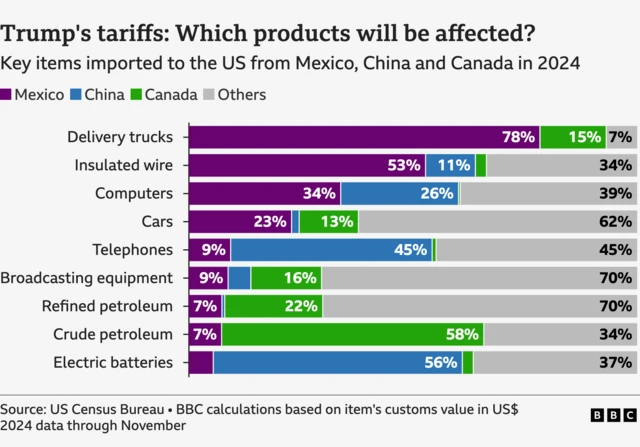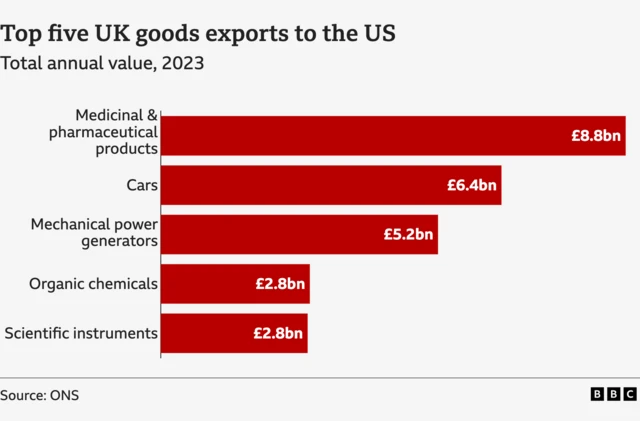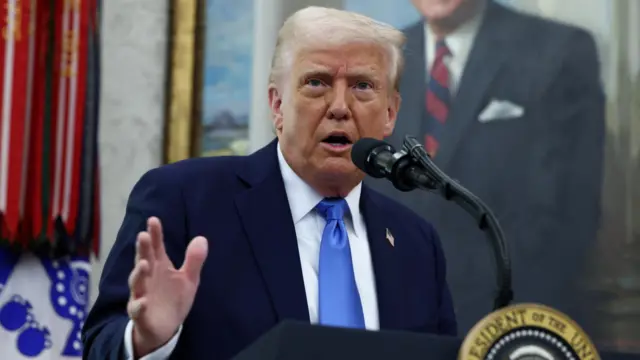Countries retaliate to tariffs while US-UK talks continuepublished at 13:06 BST 31 March
 Image source, Getty Images
Image source, Getty ImagesInitiatives to buy local produce have already sprung up in Canada
We reported earlier on how the UK is locked in negotiations with the US to try to agree on an exemption to tariffs before the Wednesday deadline.
But how have other states been responding?
- China introduced a 10-15% tax on some US agricultural goods, and also targeted US aviation, defence and tech firms - warning it is ready for “any type” of war
- Canada imposed a 25% tariff on US steel, aluminium and other goods worth about C$60bn ($42bn; £32bn). Ontario Premier Doug Ford has also repeatedly threatened he’ll target US electricity sources
- Mexico’s President Claudia Sheinbaum has meanwhile adopted a "wait and see policy", and has so far delayed introducing retaliatory measures while negotiations with the US continue
- The EU will introduce tariffs from 13 April on US goods worth €26bn (£22bn). This covers items ranging from American alcohol to steel and aluminium production
